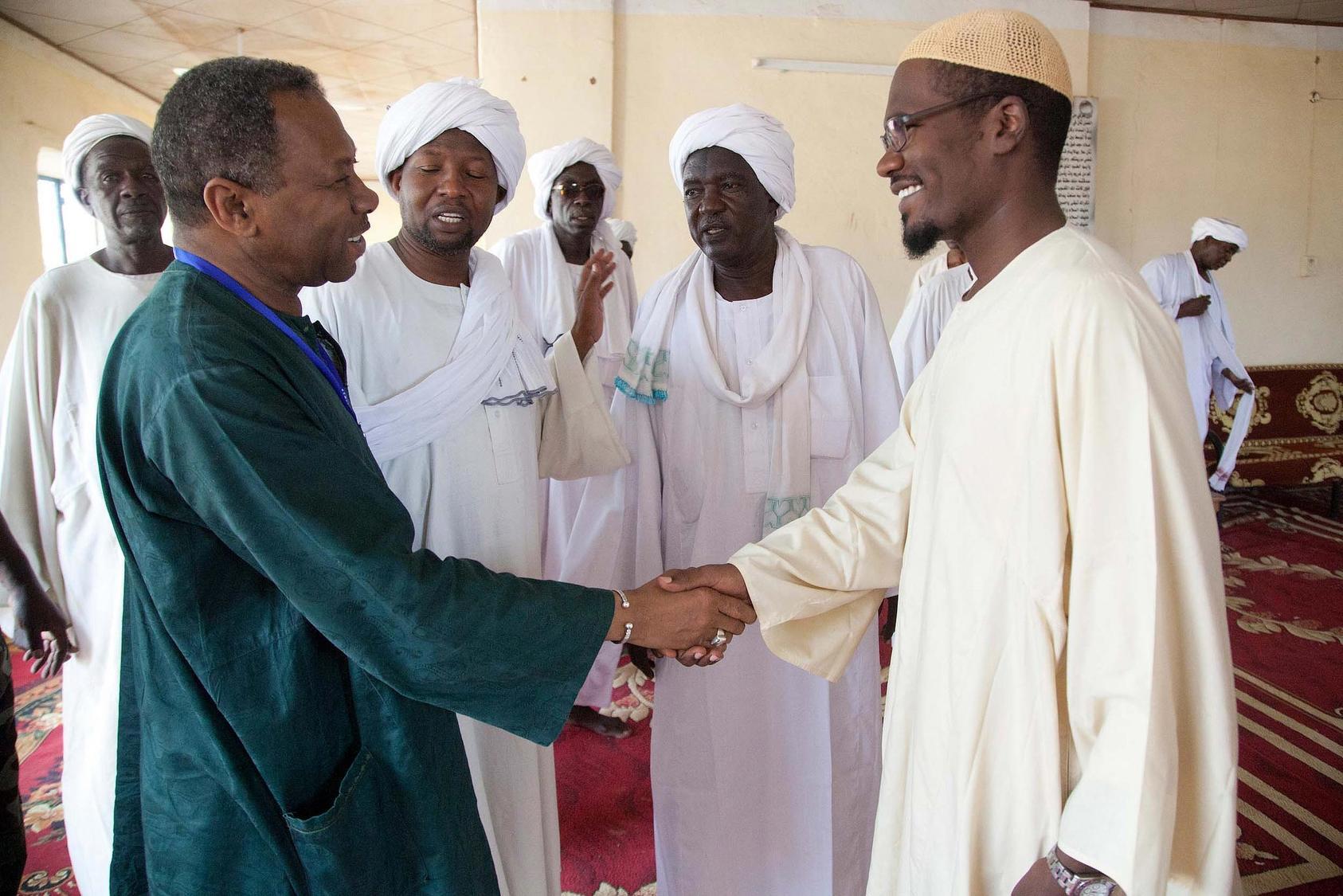Introduction à La Consolidation De La Paix– Micro-Cours
Ce micro-cours offre un aperçu des principaux concepts et défis qui façonnent le travail de consolidation de la paix. Il présente aux participants les divers outils et types d’interventions employés sur le terrain et illu stre la nature complexe de la consolidation de la paix à travers des exemples concrets.

Vue d’ensemble du cours
À la fin de ce cours, les participants seront en mesure de:
- Définir différentes notions de paix, de conflit et de violence;
- Déterminer les priorités majeures en matière de consolidation de la paix;
- Décrire de quelle manière le contexte et le point de vue influent sur le processus de consolidation de la paix;
- Identifier les différents outils, types d’interventions et stratégies pour instaurer la paix.
Concepteurs de cours
- Daryn Cambridge, Organizational Development and Training Consultant, Training Resources Group, Inc.
- Jacqueline Wilson, CEO, JHW Consulting, LLC



